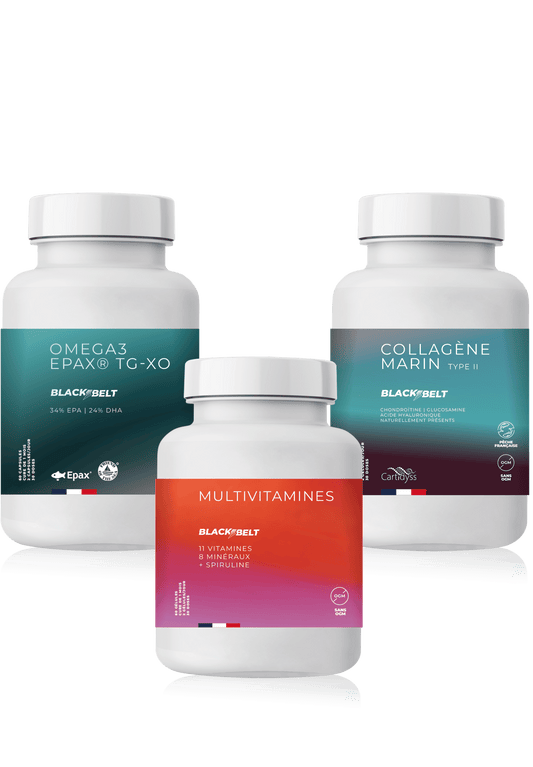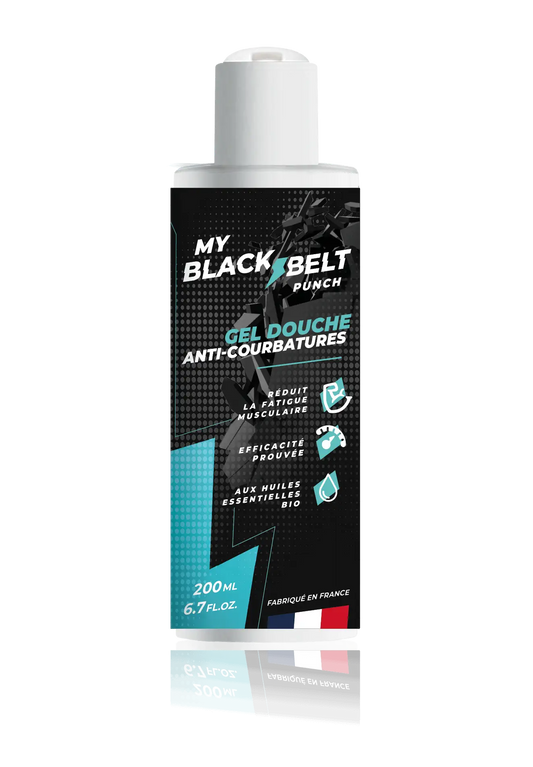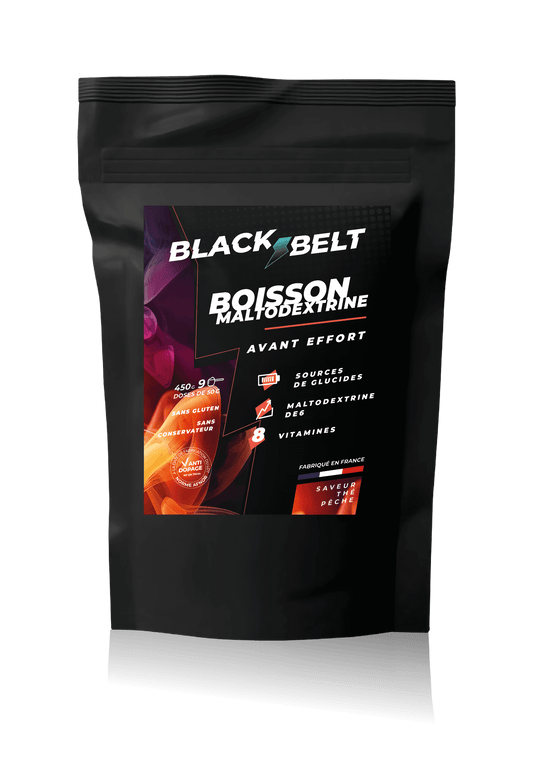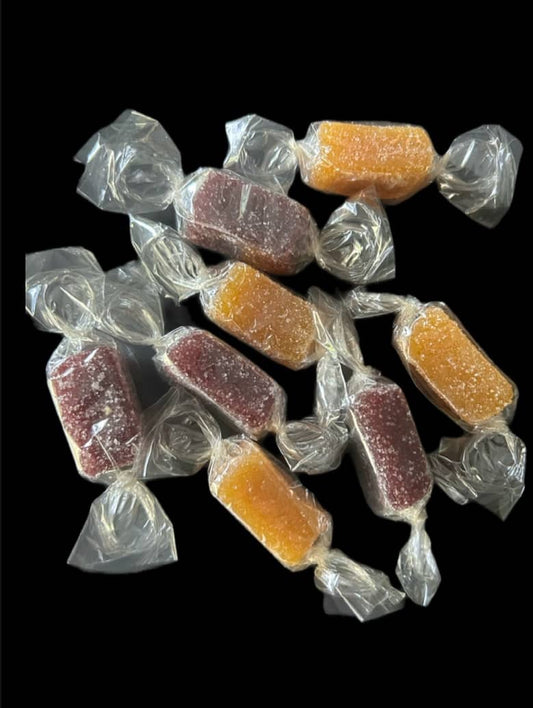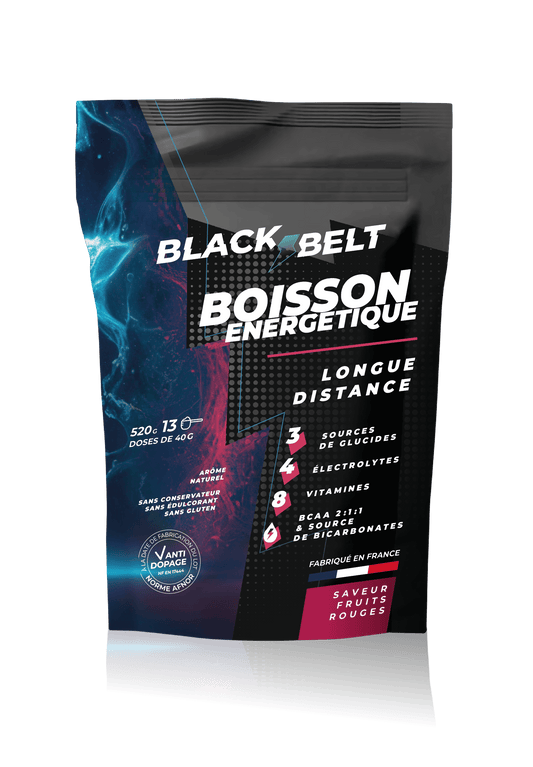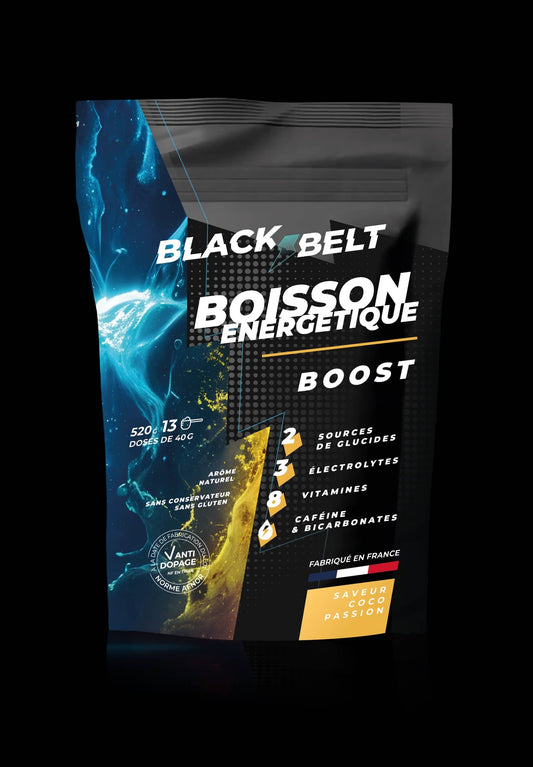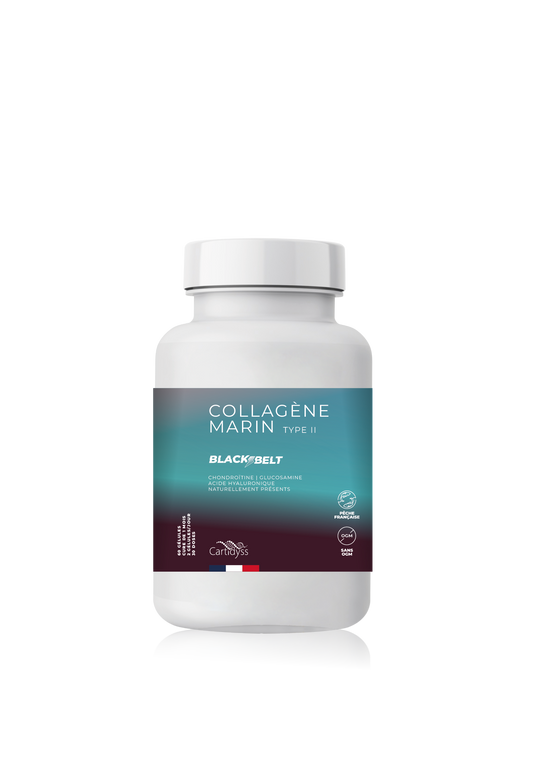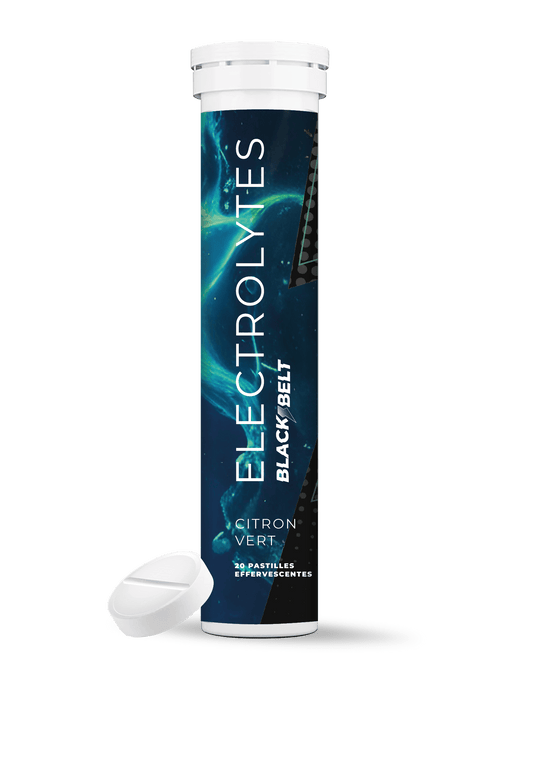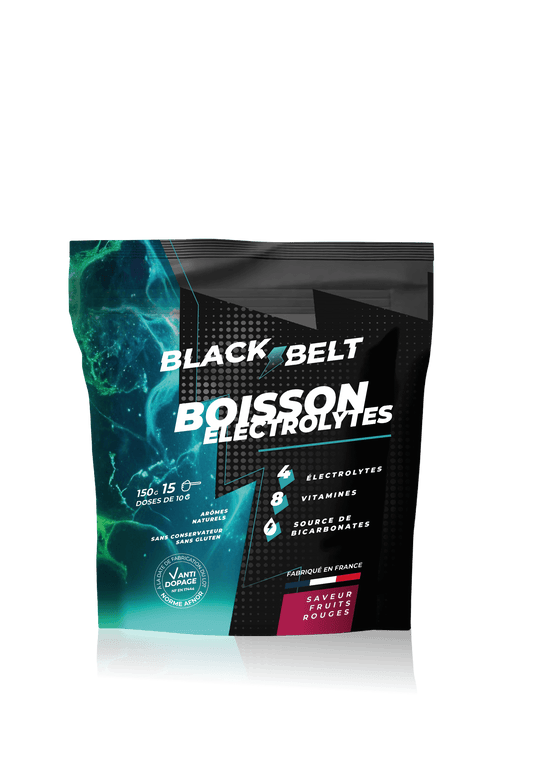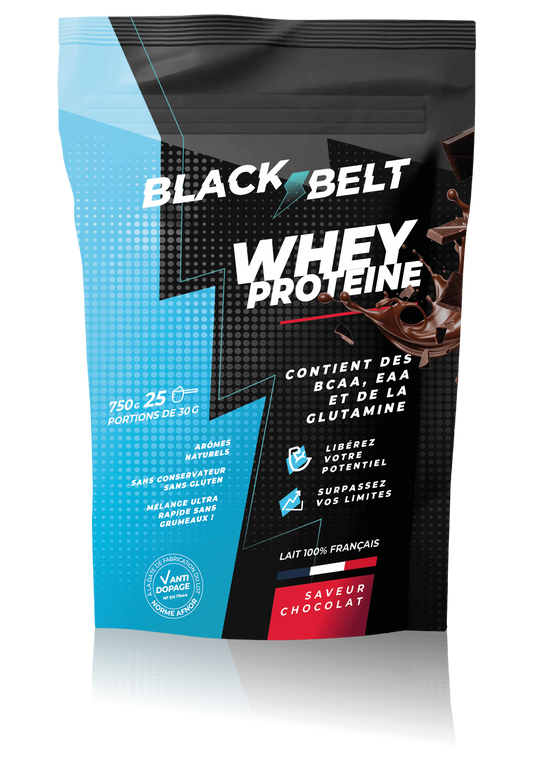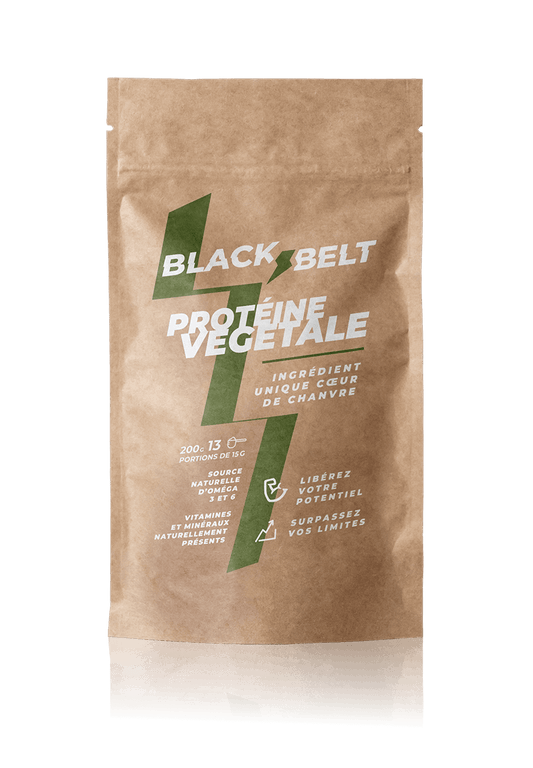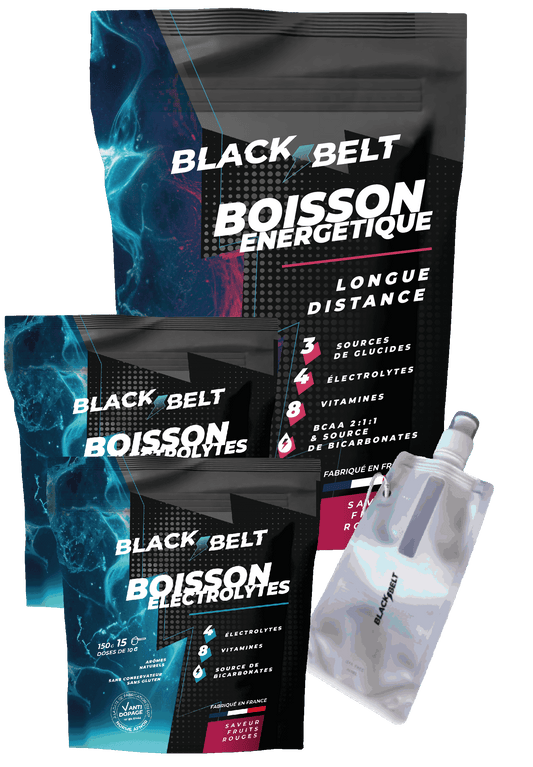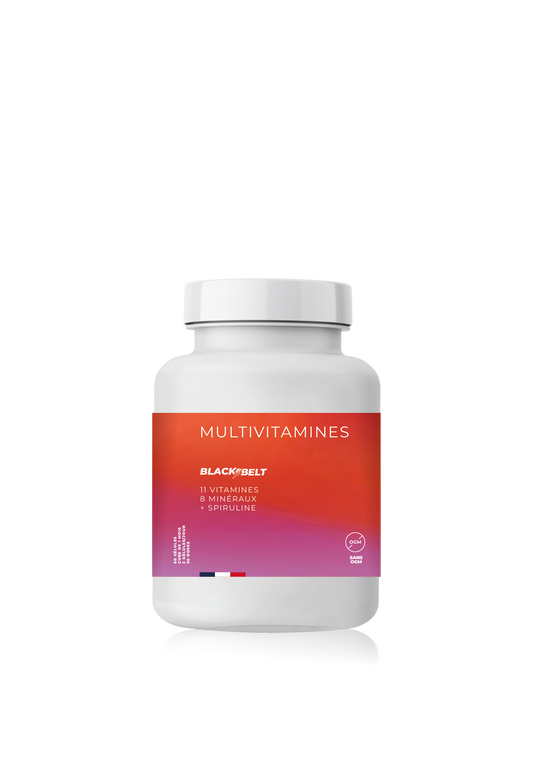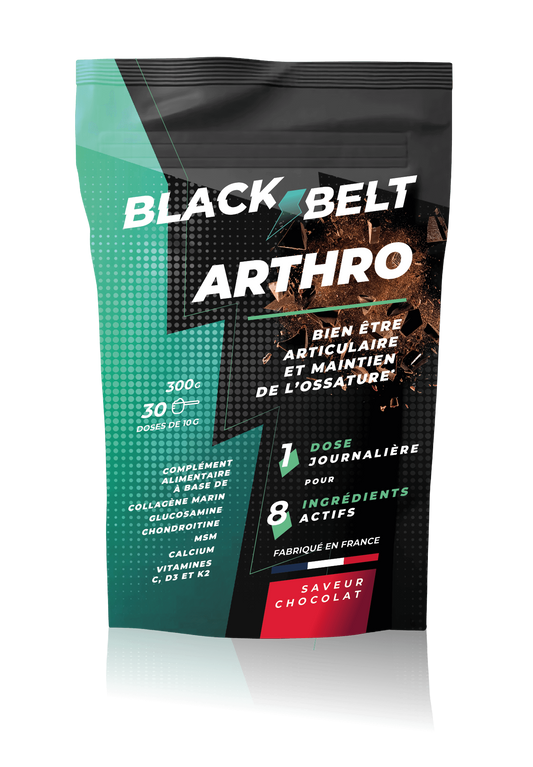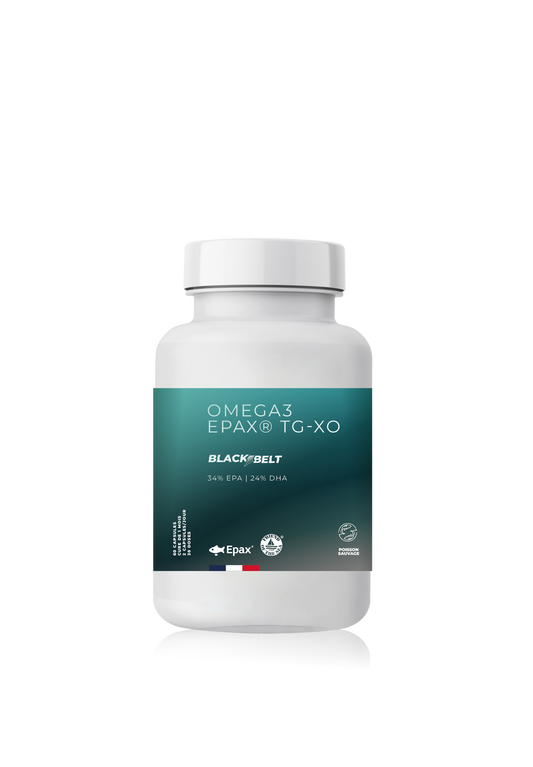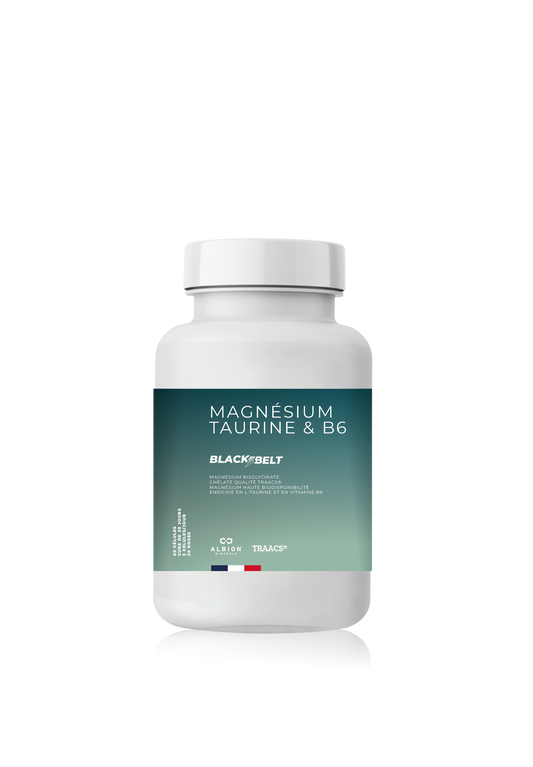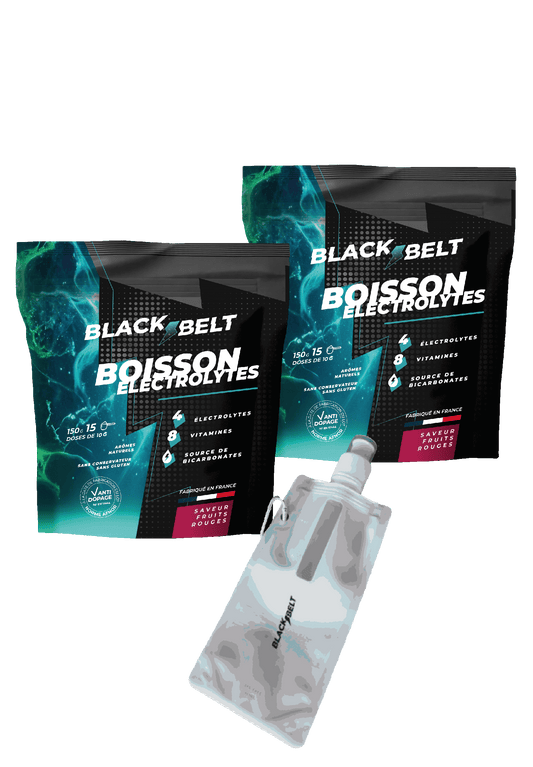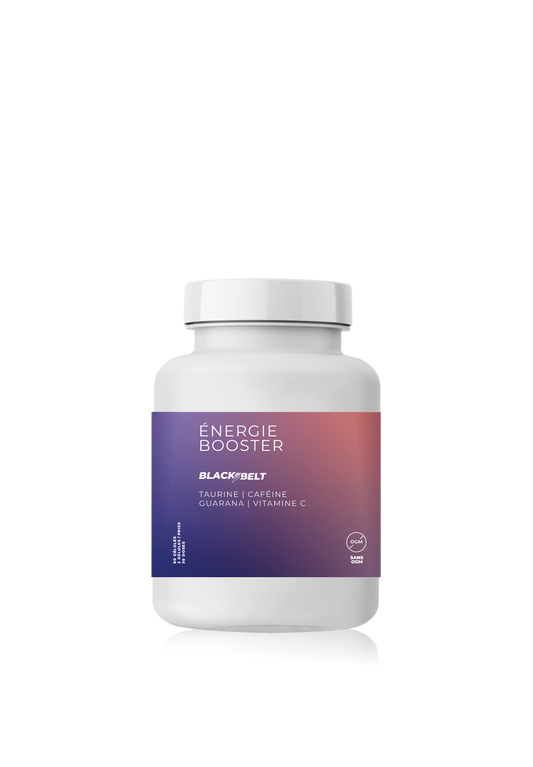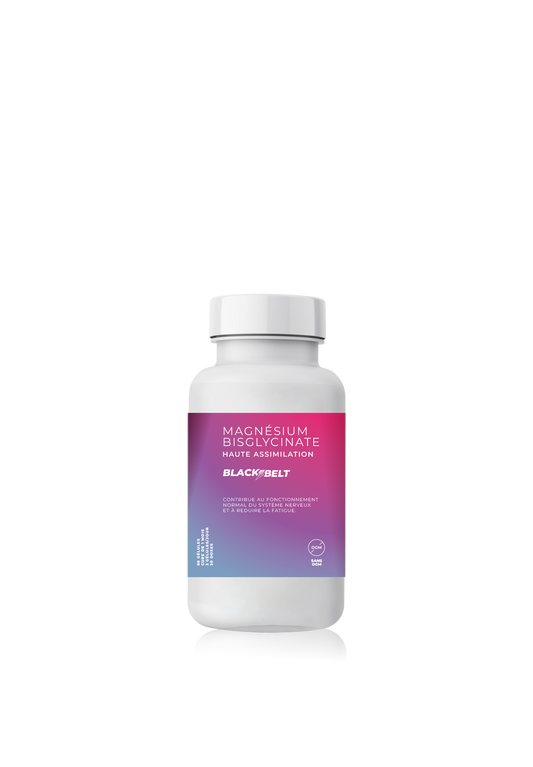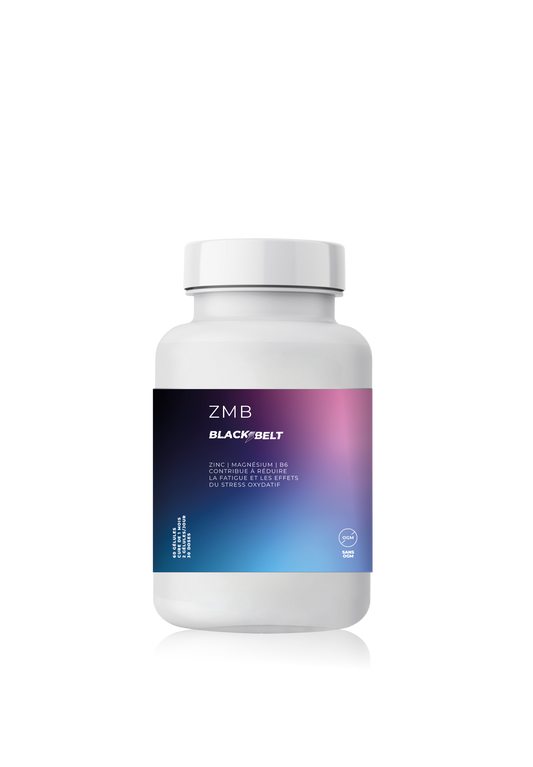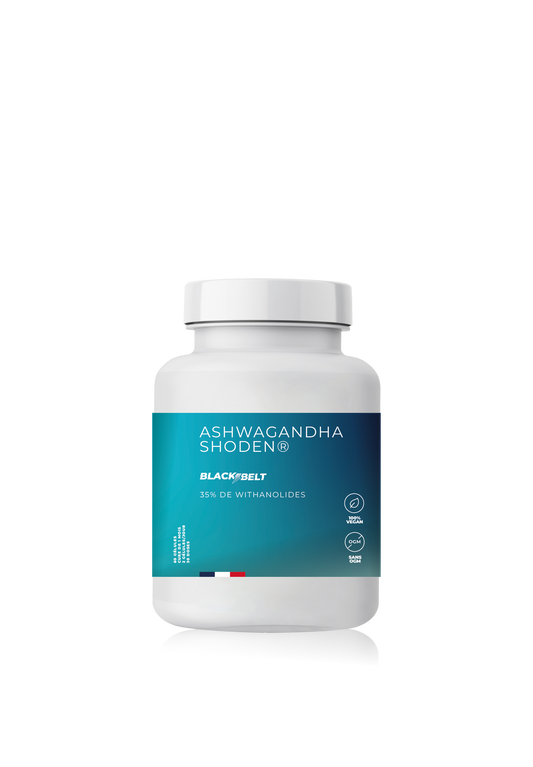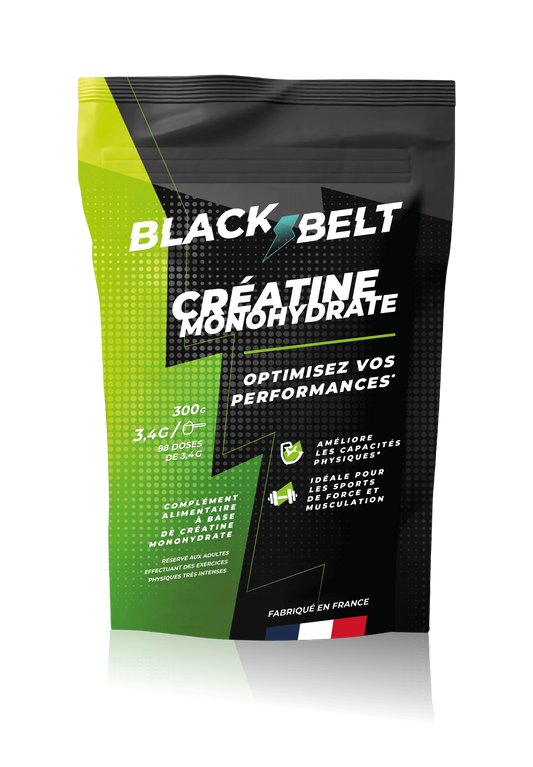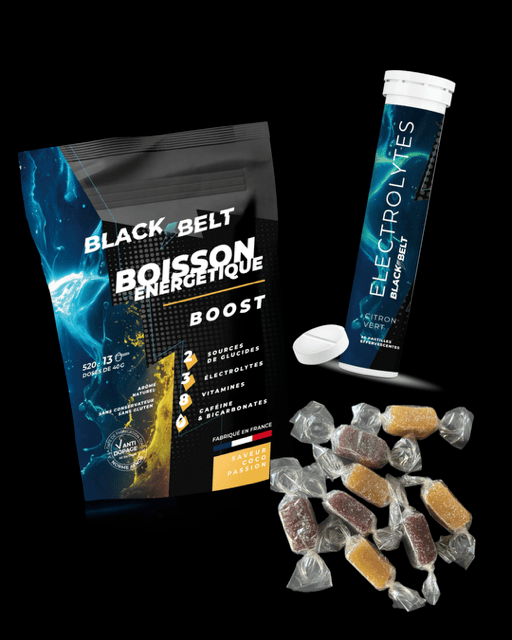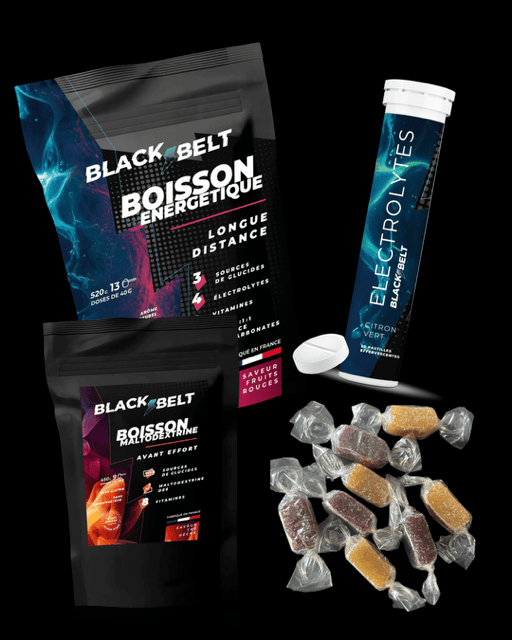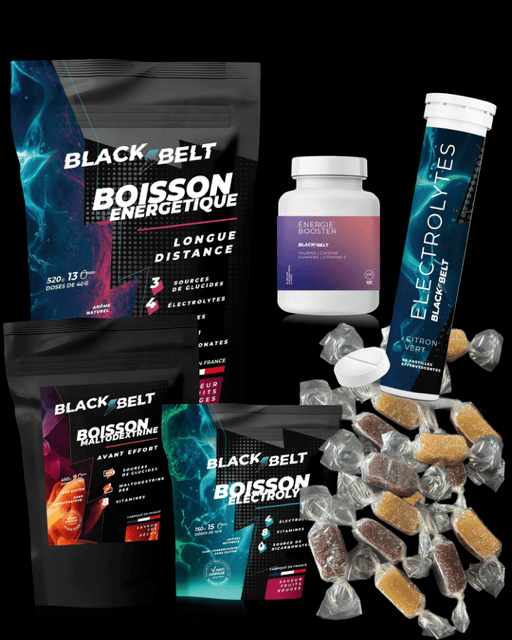
Share
What daily diet for a runner?
A well-planned diet is essential for any runner looking to optimize their performance and promote proper recovery. Whether you're a beginner or an experienced runner, your diet should be structured around your energy needs and your training. But in practice... What should a runner eat daily? Here's a detailed guide to eating well every day while running.
1. The importance of macronutrients in a runner's diet
The energy a runner needs comes from three essential macronutrients:
Carbohydrates: The main fuel in a runner's diet
Carbohydrates are the body's preferred energy source during endurance efforts. They should represent 50 to 60% of a runner's total calorie intake.
• Where to find them?
• Whole grains (oats, quinoa, brown rice, whole grain bread)
• Fruits and vegetables rich in carbohydrates (bananas, sweet potatoes, beets)
• Legumes (lentils, chickpeas)
• How much to consume?
• Approximately 5 to 8 g of carbohydrates per kg of body weight per day depending on training intensity.
• A runner preparing for a marathon can go up to 10 g/kg/day in the carbohydrate loading phase.
Proteins: for muscle recovery
Protein helps repair micro-muscle injuries and promotes recovery. It should represent approximately 15% of energy intake.
• Where to find them?
• Lean meats (chicken, turkey) and fish
• Eggs and dairy products (yogurt, cottage cheese, skyr)
• Vegetable proteins (tofu, tempeh, chickpeas, lentils)
• How much to consume?
• Approximately 1.2 to 1.6 g of protein per kg of body weight.
• After a class or an intense session, it is recommended to consume 20 to 25 g of protein within 30 minutes of the effort.
Lipids: a sustainable source of energy in the runner's daily diet
Fats provide long-lasting energy, essential for long races like marathons and trail runs. They should make up 25 to 30% of energy intake.
• Where to find them?
• Avocados, oilseeds (almonds, walnuts, hazelnuts)
• Vegetable oils (olive, rapeseed)
• Oily fish (salmon, mackerel)
• Why consume it?
• Unsaturated fatty acids play a key role in cardiovascular health and vitamin absorption.
• They help save glycogen reserves during long races.
2. The importance of hydration
How can we not mention hydration in the runner's daily nutrition?
Water is crucial for runners: it helps maintain a stable body temperature, transport nutrients and prevent muscle cramps.
• Before the race: drink 500 ml of water in the hour before training.
• During exercise: drink 150 to 250 ml of water every 15-20 minutes, especially during prolonged exercise.
• After training: compensate for water loss by drinking 1.5 times the weight lost during exercise.
Avoid: Overly sugary drinks that cause insulin spikes and sodas that provide no hydration benefits.

3. Daily Meal Plan for a Runner
Here is an example of a typical day of eating to optimize your performance and recovery as a runner :
• Breakfast
• Oatmeal with almond milk, banana and chia seeds
• Scrambled eggs or cottage cheese with honey
• Coffee or tea without sugar
• Lunch
• Quinoa salad, crunchy vegetables, chicken fillet and olive oil
• Wholemeal bread and a portion of cheese
• A fresh fruit (apple, orange)
• Pre-workout snack
• A homemade energy bar or a handful of almonds
• A fruit like a banana
• Dinner
• Grilled fish or tofu steak
• Sweet potato and steamed vegetables
• Plain yogurt or skyr with berries
4. Dietary mistakes to avoid for a runner
• Neglecting carbohydrates: they are essential for endurance and glycogen storage.
• Skipping a meal after training: the body needs nutrients to regenerate quickly.
• Consuming too many processed products: favor raw and natural foods.
• Poor hydration management: dehydration reduces performance and increases the risk of injury.
5. Dietary supplements: are they necessary for running?
Supplements are not mandatory if the diet is well balanced, but some may be of interest to runners :
• BCAA and EAA: provide muscle recovery and limit the breakdown of muscle fibers and it can be directly integrated into a whey protein powder which is even more ideal, as is the case in our protein at blackbelt !
• Whey protein: useful after a session to optimize muscle repair, particularly a whey rich in BCAAs and made in France, like that of BlackBelt.
Conclusion: Adapt your diet to run better
Proper nutrition is a key performance booster for any runner. A good balance of carbohydrates, proteins, and lipids, combined with optimal hydration, helps improve endurance, recover, and limit injuries.
To go further and optimize your recovery after exercise, consider quality proteins like BlackBelt whey , specially designed for endurance athletes.
Ready to improve your performance with nutrition? Discover our runner-friendly tips and products now !
Now you know everything about the subject: What daily diet for a runner?









